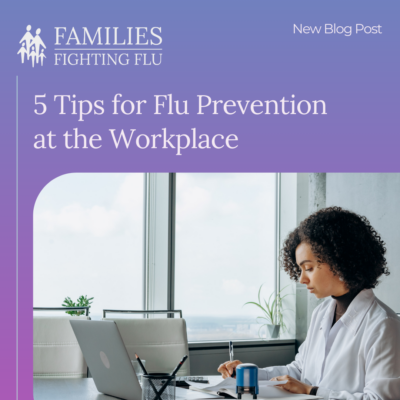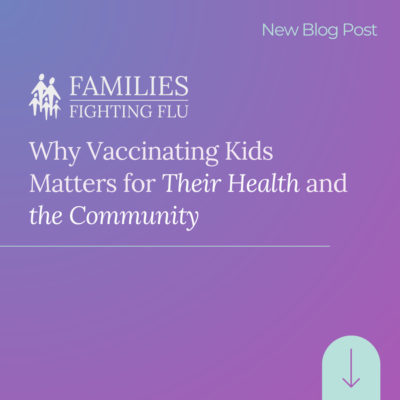
- Flu News & Surveillance
- Flu Prevention
RSV Is Spreading – That’s Bad News for Flu Season

Respiratory syncytial virus, otherwise known as RSV, is currently spreading across the US at an unusual time. RSV is a respiratory virus that typically spreads during flu season and is so common that the CDC states that most children have a case of RSV by the time they are two. But RSV can be serious, as it is the single most common cause of pneumonia in infants.
However, because of the COVID-19 pandemic, RSV is now spreading outside of the normal season. As masks come off and more people gather in person, this contagious virus can spread among children. While most cases are mild, RSV is the single most common cause of pneumonia in infants. Similar to influenza and COVID-19, RSV can become severe and require hospitalization.
Although the 2020-2021 flu season was abnormally mild, the fact that RSV is spreading outside of the normal season could predict what will happen this flu season.
RSV and flu both affect children:
Similar to RSV, flu is very infectious among children, and children usually spread it to adults. Some children’s immune systems have never been exposed to viruses like flu and RSV because they have been at home, masked, or socially distant from others. So, it makes sense that RSV started spreading at the same time as children started seeing others again.
What this means for the 2021-2022 flu season:
While we don’t have a crystal ball, the 2021-2022 flu season is likely to be serious. COVID-19 cases continue to keep hospitals and medical offices busy, and that’s before the flu has even hit. Flu typically hospitalizes hundreds of thousands of people and kills at least ten thousand people alone.
Getting both an annual flu vaccine and COVID-19 vaccine is the best way to help prevent a “twindemic” of COVID-19 and flu that could overwhelm hospitals and medical systems.


